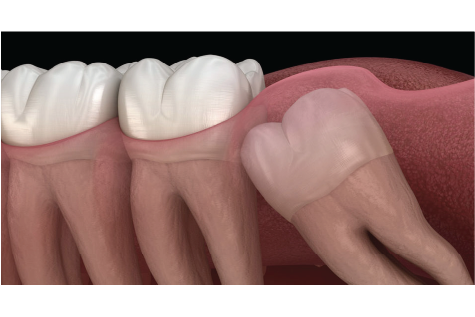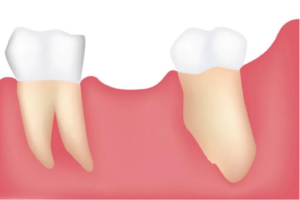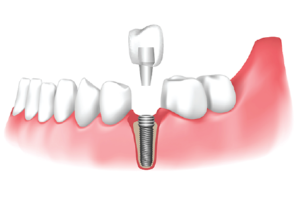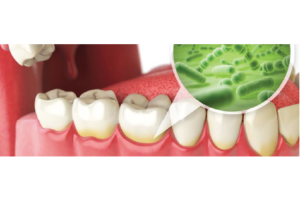Be wise about your wisdom teeth

One major dental milestone that occurs in your lifespan is the appearance of wisdom teeth. Wisdom teeth are your third set of molars, and the last permanent teeth to develop in the mouth. They typically appear between the ages of 17 to 21, a time when people are expected to acquire knowledge and maturity, and hence the name. If they come through properly, they can help you chew. However, if they fail to erupt, erupt partially or erupt in a wrong position, they may create issues.
Why do we have them?
According to anthropologists, our ancestors’ diet consisted mainly of hard and uncooked items like roots, nuts and meat. Since these foods would require more chewing power and would also cause much faster damage to the teeth, a third set of molars and bigger jaw to accommodate the teeth were required. The modern diet is much softer and gentler on teeth, making third molars more or less irrelevant. Biologists also believe that due to the softer diet there is an evolutionary decrease in jaw size resulting in less space in the jaw to accommodate them.
Does everyone have wisdom teeth?
No, not every individual is born with a full set of thirty-two teeth. Third molars are the most common congenitally missing teeth.
What is an impacted wisdom tooth?
Wisdom teeth are considered impacted when they fail to erupt, or only partly erupt in the oral cavity.
Why do we require removal of wisdom teeth?
According to the American Dental Association, the extraction of wisdom teeth is generally recommended in the following situations:
- Wisdom teeth aren’t in the right position. This can allow food to be trapped, make it difficult to maintain oral hygiene, and also increase the chances of cavities.
- When the wisdom tooth has partially erupted. This can create an opening around the tooth for bacteria to enter and trigger an infection.
- Adjacent teeth may be damaged by poorly aligned wisdom teeth.
- A cyst forms around an impacted wisdom tooth, destroying surrounding structures such as bone or tooth roots.
What are the signs and symptoms associated with impacted wisdom teeth?
Impacted wisdom teeth do not always create problems. However, when an impacted wisdom tooth gets infected, begins to damage adjacent teeth or causes other dental issues, you may experience some of these signs or symptoms:
- Pain in the jaws
- Red, swollen or tender gums
- Sensitivity
- Swelling around the jaw
- Bad breath
- An unpleasant taste
- Difficulty in opening the mouth
Is it necessary to remove all wisdom teeth?
No, it is not necessary. Wisdom teeth do not require extraction if they are healthy, have erupted entirely in the correct position, bite correctly with the opposing teeth, and the individual can clean and floss them as a part of daily oral hygiene exercise.
How will your dentist decide if you need to remove your wisdom tooth?
Your dentist will conduct a thorough dental exam, ask about the symptoms and medical history, and take X-rays needed to confirm the diagnosis.
How are wisdom teeth removed?
Depending on whether the tooth is fully erupted or not, and the tooth angulation, the procedure for removing wisdom teeth may be simple or surgical. Fully erupted wisdom tooth in normal position need no special attention and can be extracted similar to other teeth. If the wisdom tooth has not fully emerged, then surgical intervention is needed. Surgical removal involves an incision and removal of a portion of the bone above the tooth. You may also be referred by your dentist to an oral surgeon who specializes in extraction of impacted teeth. The extraction may take place under local, sedation or general anaesthesia.
Why Your Dentist Would Recommend BRACES Even Though You May Have Straight Teeth?
Why Your Dentist Would Recommend BRACES Even Though You May...
Read MoreWhat are your choices for replacing Missing Teeth
What are your choices for replacing missing teeth? Loss of...
Read MoreShould you replace missing teeth
Should you replace missing teeth? You might think that you...
Read MoreDoes acid reflux from the stomach damage your teeth
Does acid reflux from the stomach damage your teeth? It’s...
Read More
Dr. Paresh Lotlekar is a leading dental practitioner specialising in Periodontology & Oral implantology and the founder of STUDIO32 (studio32india.com), a chain of super speciality dental clinics in Goa.




